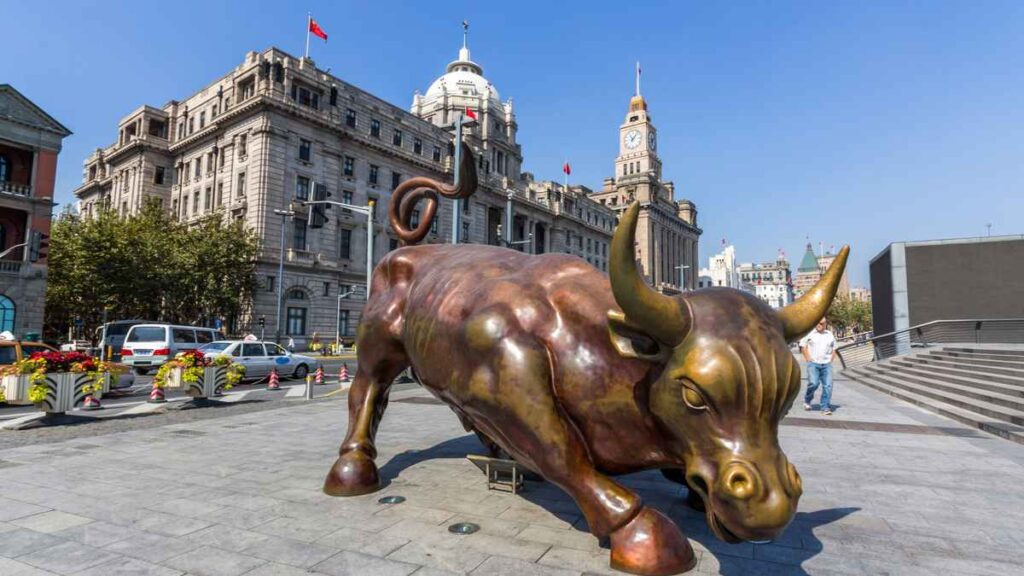
Chinese watchdogs backed their regulatory scrutiny on their tech sector as they spoke on Tuesday with Wall Street executives disclosing that regulations are meant to enforce tech companies, not crush them.
Fang Xinghai, China’s Securities Regulatory Commission Vice Chairman, told the executives that the government’s latest conduct on tech firms was aimed to enhance their regulations, in addition to bolstering national security and data privacy.
Global investors believe that Beijing’s regulatory bombardment on its tech sector is the Chinese authorities’ way of implementing their plan will result in jeopardizing billions of dollars’ worth of profit for Wall Street, as China is currently expanding its financial horizon to reach investments banks, wealth, and money managers.
The China-U.S. Financial Roundtable meeting took place in the presence of the head of the People’s Bank of China, alongside executives from global investment and banking firm Goldman Sachs Group Inc., Citadel, and other Wall Street titans.
“Beijing’s regulatory campaign erased $1.5 trillion from Chinese stocks amid a broader sell-off at its most extreme. Hong Kong-listed gaming conglomerate Tencent Holdings Ltd. last week lost its place among the world’s 10 largest companies by market value, leaving no Chinese stock on the list for the first time since 2017. Shares of Alibaba Group Holding Ltd, China’s second most valuable company after Tencent, have dropped more than 30 percent this year,” according to Bloomberg.
In July, China’s cabinet’s State Council disclosed that any future rules of foreign listings will thoroughly altered as an additional wave of regulations could be on the way aimed at firms trading in offshore markets.
In addition, China’s watchdogs are contemplating whether to impose harsher scrutiny on legally clouded business structure adopted by some of the country’s companies searching for offshore listings. The latest surge of regulations could include multiple policy adjustments and alterations.
This rose deeper concerns as to whether China’s regulations on offshore listings could elevate tension between the world’s leading economy powerhouses.